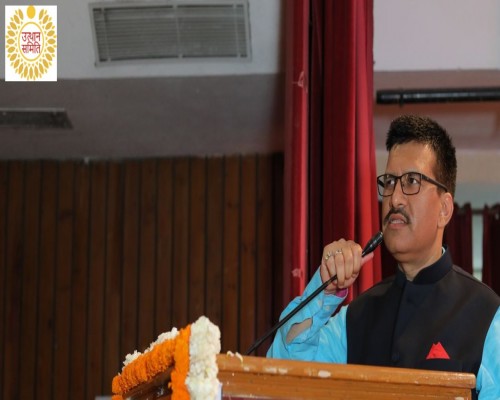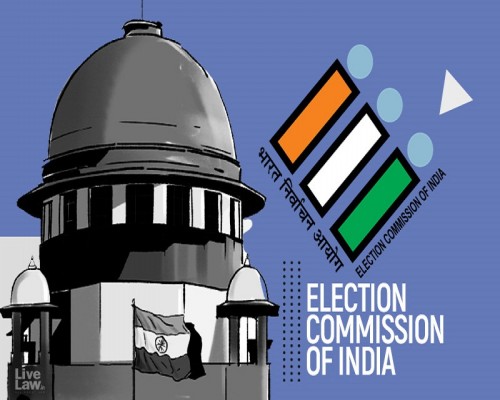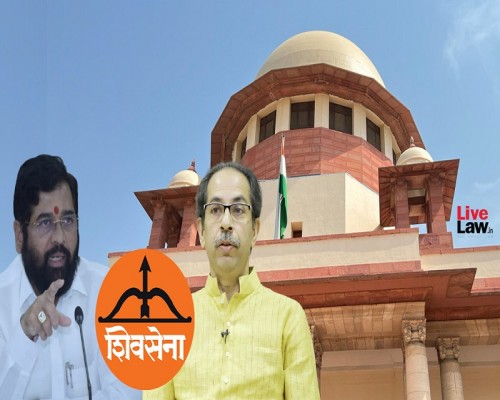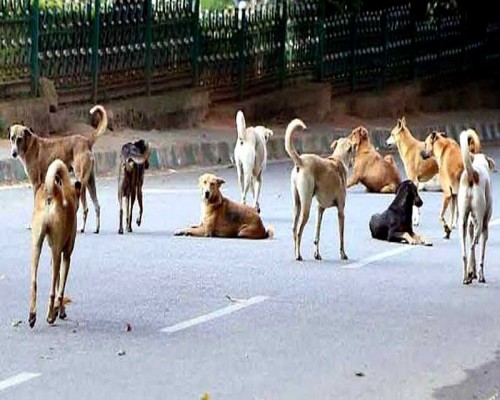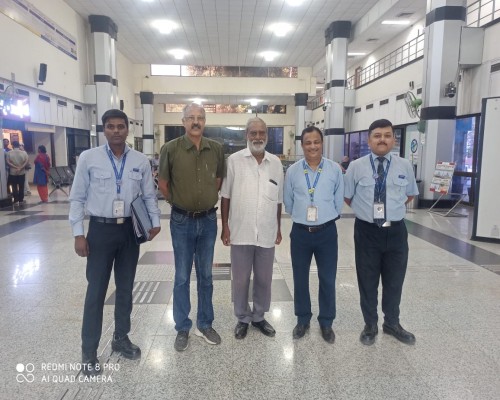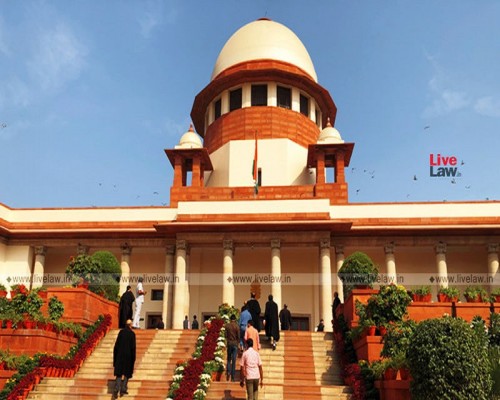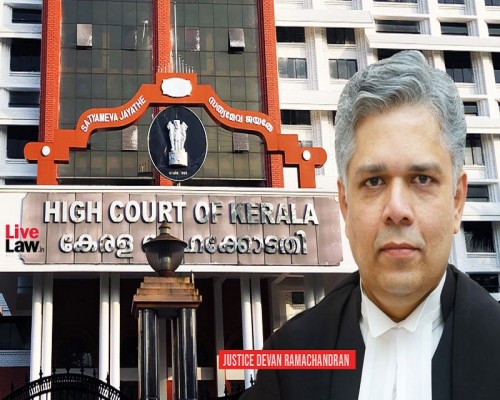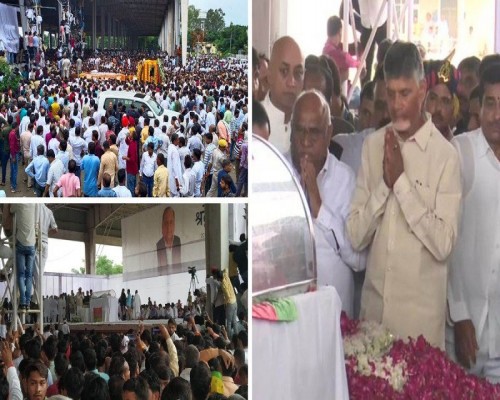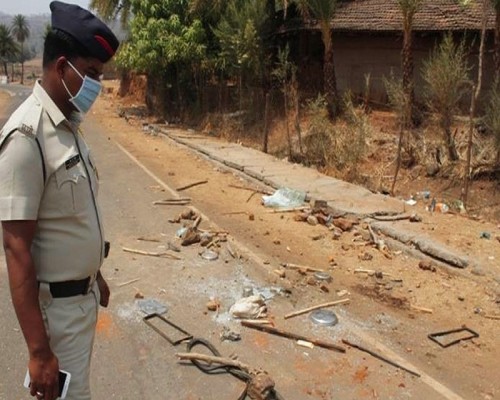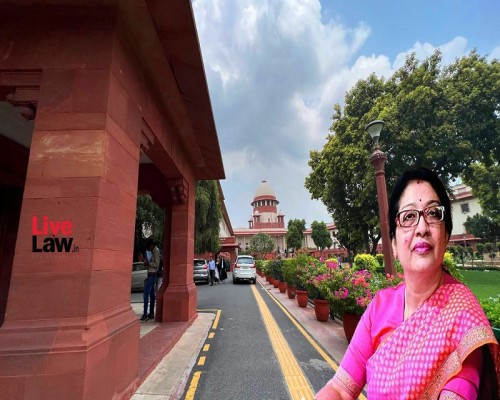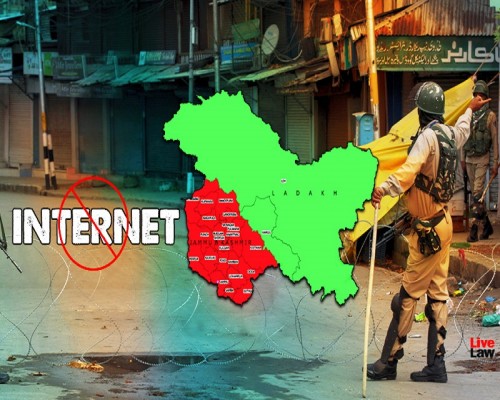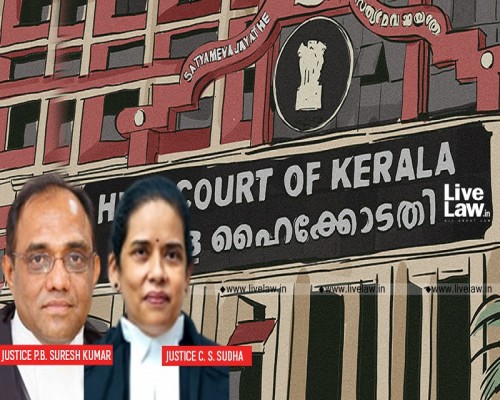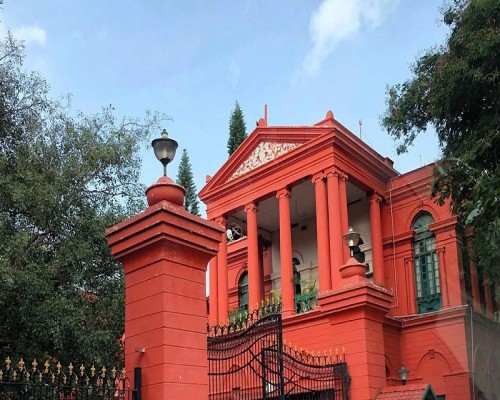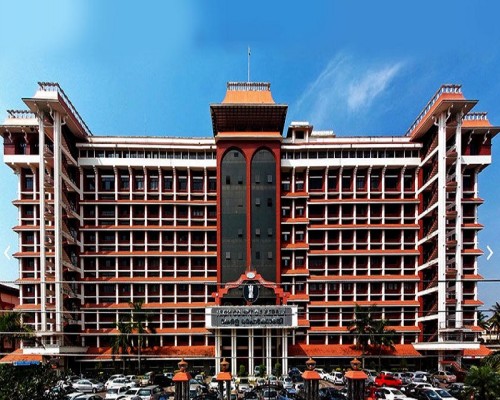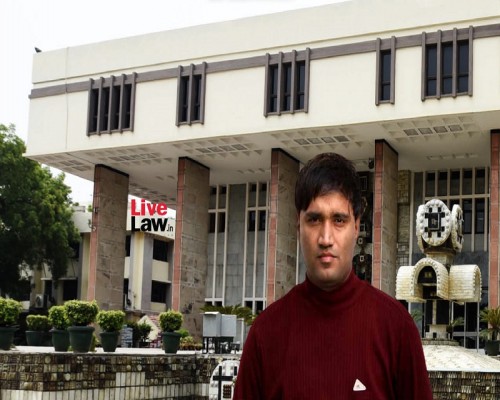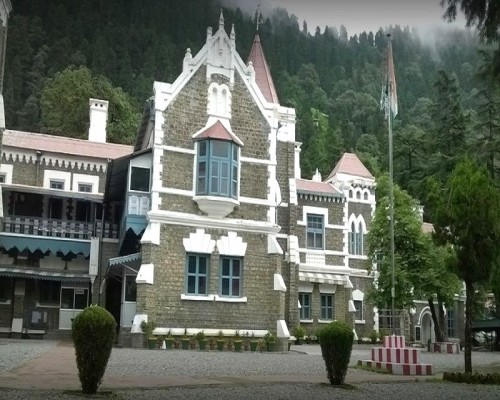"Building a Cleaner, Healthier Future:
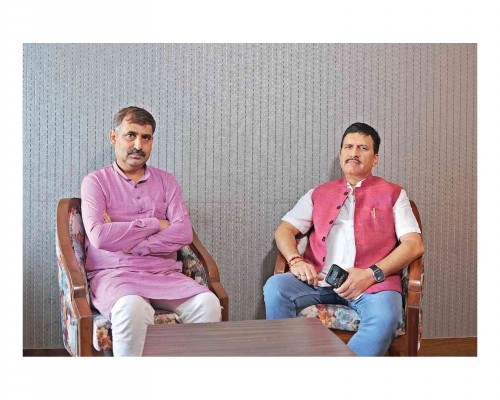
"Building a Cleaner, Healthier Future: Sandeep Sahi on Empowering NGOs and Transforming Communities Through Clean Water and Sanitation Initiatives"
Interviewer: Satendra Singh
Guest: Sandeep Sahi, Convenor of the BJP NGO Cell, Uttar Pradesh
________________________________________
Satendra Singh: Welcome to UV India News, Mr. Sandeep Sahi. It’s a pleasure to have you with us. Mr. Sahi is the Convenor of the BJP NGO Cell in Uttar Pradesh. He has been dedicatedly working with the BJP and has been a guiding light for NGOs, helping them resolve issues and progress in the right direction. Thank you for joining us today, Mr. Sahi. To start, could you tell us how you ventured into politics?
Sandeep Sahi: Thank you, Mr. Singh. To be honest, my journey into politics is rooted in my association with the RSS (Rastriya Swayamsevak Sangh) and the ideology it represents. I’ve always been passionate about working in the social sector, and politics has provided a platform to collaborate with like-minded individuals working toward societal welfare. I’ve remained active in this space, aiming to connect with people and make a positive impact.
Satendra Singh: You oversee the entire state and travel frequently. How do you manage to balance family time with your responsibilities?
Sandeep Sahi: That's a great question. My responsibilities are divided into various segments. Along with my professional life, I am also involved in social organizations. I make sure to spend time with my family whenever I am in town, particularly over weekends, while I continue my work in the social field. I manage my time in a way that allows me to be available for both my family and my responsibilities.
Satendra Singh: Often, people start NGOs with good intentions but face challenges like lack of funding or a clear direction. How do you assist them?
Sandeep Sahi: Political parties typically don’t provide funding directly, but we do focus on guiding NGOs. Under advice from the late Mrs. Mridula Sinha, the former Governor of Goa, we created a network, the National Alliance for Swachh Bharat. This network includes over 500 organizations and experts like chartered accountants and development professionals who help NGOs build their skills, from proposal writing to understanding government schemes. We support NGOs by offering training and capacity building, ensuring they understand the requirements and application processes for government and CSR funds.
Satendra Singh: Could you elaborate on how the National Alliance for Swachh Bharat operates and connects these organizations?
Sandeep Sahi: The alliance was established in 2014, focusing initially on cleanliness when the Prime Minister launched the Swachh Bharat Mission. Mrs. Mridula Sinha spearheaded this, and I was appointed a brand ambassador for cleanliness in Uttar Pradesh. We brought together organizations working in this sector and registered them through the NITI Aayog. Since then, we’ve conducted meetings across cities in Uttar Pradesh, involving ministers and stakeholders to ensure organizations can effectively collaborate with the government on social initiatives.
Satendra Singh: Since Prime Minister Modi launched the cleanliness drive in 2014, how do you perceive the progress in cleanliness and sanitation?
Sandeep Sahi: Before 2014, awareness about cleanliness was limited, but the campaign significantly changed people’s behaviour. We’ve seen a shift where people no longer litter as they once did. Today, the percentage of households with toilets has risen dramatically, and there’s greater accountability and participation among local leaders. An example is the reduction in cases of encephalitis in eastern Uttar Pradesh due to increased awareness about cleanliness and sanitation, thanks to campaigns launched by Chief Minister Yogi Adityanath.
Satendra Singh: Absolutely, as most diseases are indeed rooted in a lack of cleanliness. Unsanitary conditions often lead to the spread of illnesses.
Sandeep Sahi: Very true. Another noteworthy initiative is the Jal Jeevan Mission launched by our Prime Minister, which aims to provide clean drinking water to every household. Previously, taps were common in urban homes, but rural areas were often left behind. Now, the government is working rigorously to ensure every village has access to clean drinking water, which will greatly reduce waterborne diseases.
Satendra Singh: Yes, most diseases indeed stem from contaminated water.
Sandeep Sahi: Absolutely, so clean water is integral to cleanliness and public health. The government’s work here has been exemplary, and we’re already seeing its positive effects on community health.
Satendra Singh: What future plans do you have for the NGO Cell, and how do you intend to support NGOs further?
Sandeep Sahi: I have a Ph.D. in social work, and my goal is to unite NGOs to work together more effectively. Our government offers support across various sectors, but there’s often a lack of awareness among beneficiaries. I aim to connect NGOs with government schemes and help them reach communities more effectively. Additionally, I want to assist NGOs in building sustainable models, training them in essential aspects like audits and proposal creation to secure CSR and other funding.
Satendra Singh: Finally, what advice would you give to those who establish NGOs but struggle to create an impact?
Sandeep Sahi: My suggestion is for NGOs to familiarize themselves with government schemes relevant to their sector and engage in self-study to build their knowledge. They should start small, focusing on their local areas to make a real difference. Also, I encourage NGOs to adopt sustainable funding methods, such as community fundraising, and to work toward self-reliance. It’s important for them to build capacity and work collaboratively with other organizations to truly make a difference.
Satendra Singh: Thank you, Mr. Sahi, for your insights and the valuable work you’re doing. We appreciate your time today.
Sandeep Sahi: Thank you for having me. It was a pleasure.



